Food Intolerance 80 items
We offer two types of tests; Lab Tests and Rapid Tests. This product is under the category Lab Tests. See all our Lab Tests by following the link.
See allWe offer several different options of testing methods. This test is done with Blood. See all tests done with Blood by following the link.
See allDo you have hypersensitivity to certain foods? Symptoms of food intolerance, unlike instant allergic reactions, can occur hours to days later, making it difficult to connect symptoms with the foods you’ve eaten. GetTested’s Food Intolerance Test analyzes IgG4 antibodies for 80 different foods commonly involved in hypersensitivity reactions.
For those concerned about celiac disease, we offer a simple Celiac/Gluten Intolerance Test, which is distinct from the gluten sensitivity measured in this test. Additionally, if you suspect lactose intolerance—specifically sensitivity to milk sugar—our Lactose Intolerance Test, an exhalation test that measures hydrogen and methane, may be appropriate.
- In stock
- At-home tests
- Fast delivery

Get 5% off on 2 Lab tests, and 10% off on 3 Lab tests or more.
Which items are measured in the Food Intolerance 80 test?
GetTested's Food intolerance test 80 items
This test measures your hypersensitivity to 80 different foods, including gluten, wheat, milk, soy, eggs, and oats.
Food intolerances and the gut
A high number of food intolerances often indicates an underlying gut problem. In such cases, we recommend our Gut Microbiome XL or Leaky Gut tests. These can provide insights into any imbalances in gut health.
The Food Intolerance 80 Items Test (IgG4) measures the following items:
The Food Intolerance 80 Items Test (IgG4) from GetTested assesses sensitivities to a comprehensive array of foods. It includes a diverse range of foods such as meats, fish, dairy, grains, vegetables, fruits, nuts, and seeds. Key items like salmon, beef, various milks, wheat, and several nuts are tested, along with a selection of fruits and vegetables. This test helps in identifying individual intolerances to a broad spectrum of foods, aiding in dietary management and symptom relief.
The ELISA-method
We perform the food intolerance test using the ELISA (enzyme-linked immunosorbent assay) method. This technique detects and quantifies soluble substances like peptides, proteins, antibodies, and hormones. It involves immobilizing the antigen on a microplate, then linking it to an antibody with a reporter enzyme. We measure the enzyme's activity to produce a quantifiable result, relying on a specific antibody-antigen interaction.
How to Take the Food Intolerance 80 Items Test
You can easily perform all our tests, including the Food Intolerance test, at home. After taking the test, you send it to our lab. We then analyze it and deliver your results digitally.
FAQ
How is the Food Intolerance 80 test carried out?
Who would benefit from doing a food intolerance test?
What happens if I fail to take the sample?
How quickly will I receive my results?
What is the difference between food allergy and food intolerance?
Can I trust the test result?
Anything to consider before taking the test?
Example Report
Example of Food Intolerance 80 items
Reviews
-
After continuously feeling sluggish and having sporadic digestive troubles, I finally decided to take control of my health. The Food Intolerance 80 Items test from GetTested caught my eye. I thought, why not cast a broader net and check for a comprehensive range of food intolerances? Once the test kit arrived, the process was seamless. The waiting, admittedly, was the hardest part. When the results came in, they were nothing short of enlightening. I found out that several items, some of which were staples in my diet, were potential triggers. Equipped with this newfound knowledge, I started working on adjusting my diet. The guidance from the results was invaluable, and I began experimenting with alternative foods. The transformation in how I felt was astonishing. No more post-lunch lethargy, no unexplained stomach cramps. It was as if I had hit a reset button on my body. Using the Food Intolerance 80 Items test has genuinely been a pivotal moment in my health journey. I highly recommend it to anyone feeling 'off' with no clear reason. It could be something you're eating, and this test might just provide the answers.
-
Got my results; eye-opening! Made dietary changes and already feeling better.
Related Products
-
Allergy Test Small
GetTested's Allergy Test Small measures 38 different items, covering 95% of the most ...Original price was: € 79,00.€ 49,00Current price is: € 49,00. Add to cart -
Celiac/Gluten Intolerance Test
Experience the simplicity of tracking your gluten sensitivity using GetTested's Celia...€ 19,00 Add to cart -
DNA Diet & Nutrition Test
DNA Diet & Nutrition from GetTested is a health test that analyses your genetic v...€ 159,00 Add to cart -
Histamine Intolerance Test
Determine the cause behind symptoms such as headaches, stomach discomfort, and itchin...Original price was: € 69,00.€ 49,00Current price is: € 49,00. Add to cart -
Lactose Intolerance Test
Do you suspect that you might be lactose intolerant? The Lactose Intolerance Test fr...€ 79,00 Add to cart
You may also like…
Trusted by over 10.000+ customers


“The home test was straightforward with easy to follow instructions. The test result was detailed and clear in its presentation. Also had the opport...”
Richard

“We looked at a lot of companies offering the same services but made the decision to go forward with get tested because the labs are based here in t...”
Natasha

“There are other providers out there, I have tried 3. Gettested was the fastest and the customer service was the best. I even received my test on th...”
Alan

“Absolutely perfect, results came after few days and finally after a lots of times visited GP, we finally know why my son has eczema - he is allergy...”
E

“I found them to be professional and not too long a wait for results. Helpful with any after questions. Will be using them again if need be. I highl...”
Eileen

“I really value my test and to see the results. It is a jungle when your health is online. So get accurate and precise knowledge is a gift, as it is...”






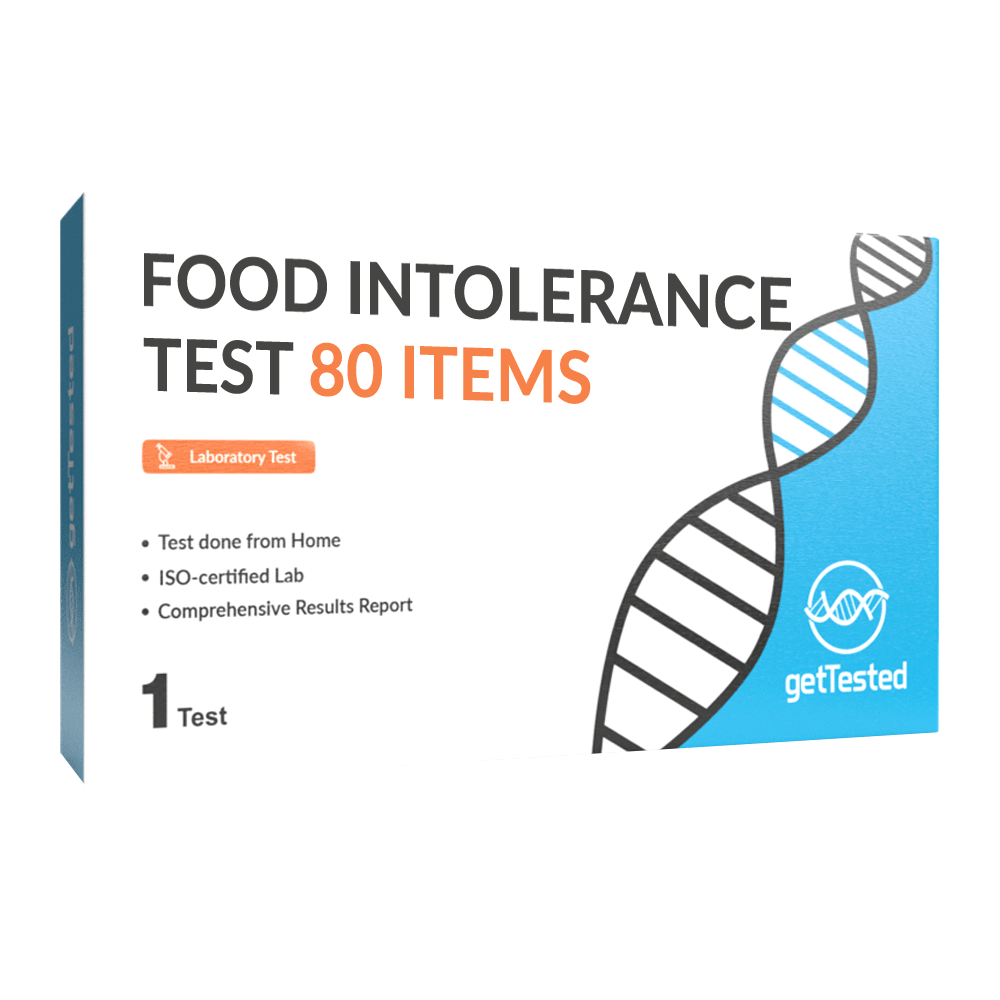

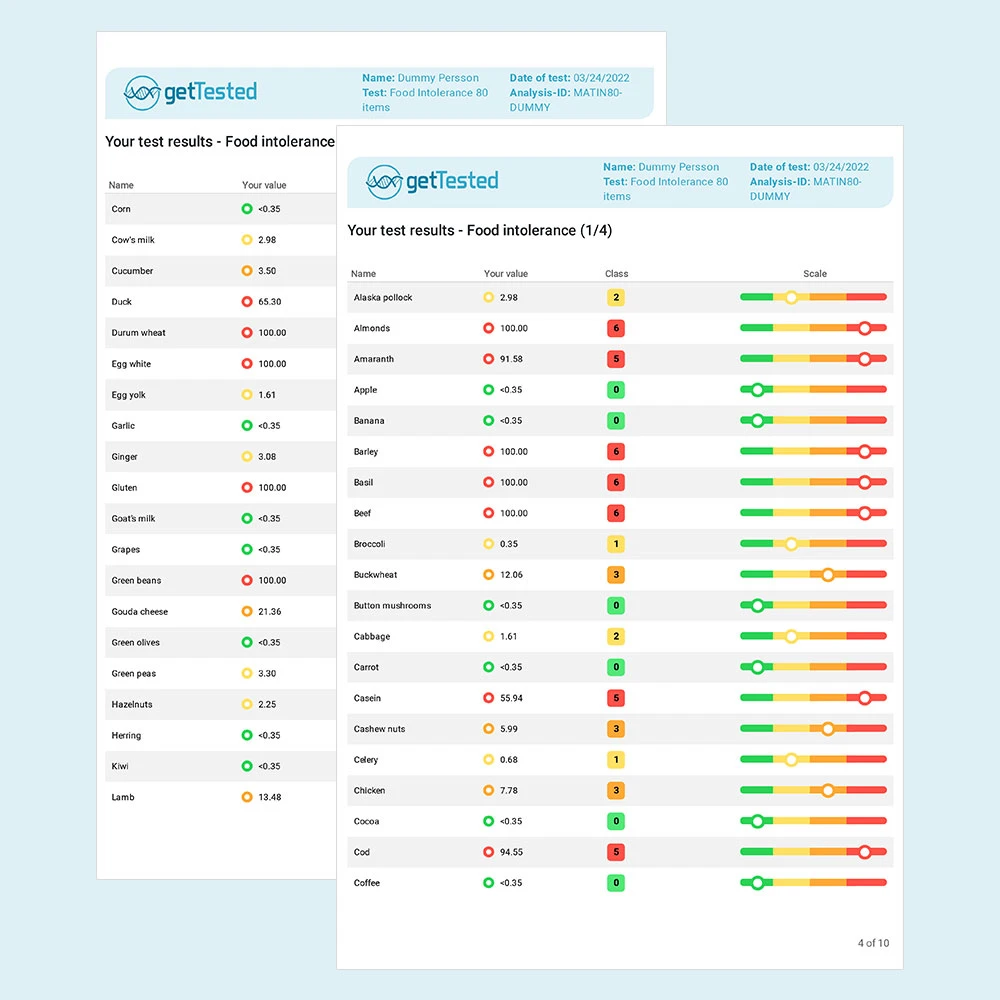









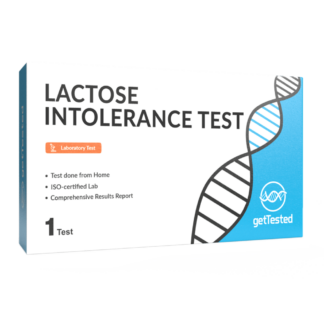

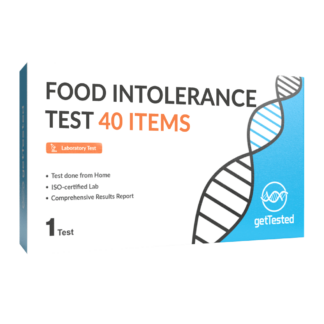

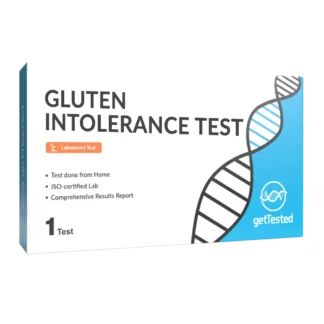












Leave a Reply